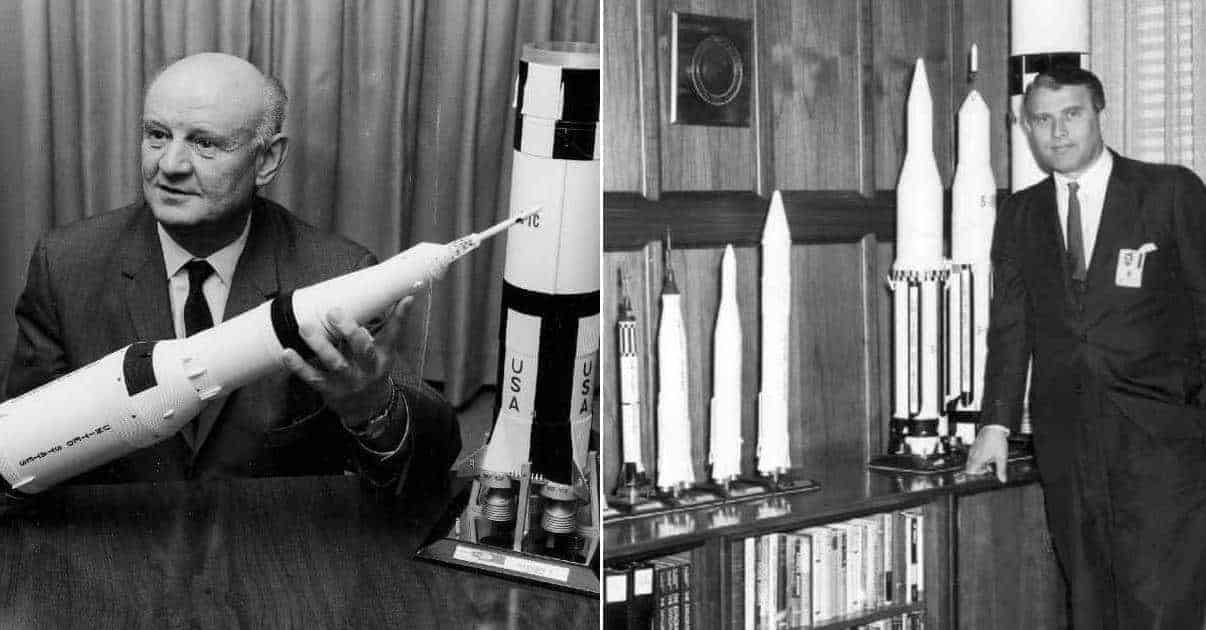
Hubertus Strughold Used Dachau Concentration Camp Inmates as Human Guinea Pigs, and Experimented on Children From a Mental Asylum
Doctor Hubertus Strughold (1898 – 1986) was a prominent German medical researcher, who served as the Luftwaffe’s chief aeromedical researcher from 1935 until the end of WW2. During the war, he conducted some horrific human experiments on prisoners, that got many of his test subjects killed. Those activities were swept under the rug, however, and he was brought to the US under the aegis of Operation Paperclip.
After earning a medical degree in the 1920s, Strughold got into the emerging field of aviation medicine. He won a Rockefeller Foundation Fellowship, and travelled to the US in 1928, where he conducted aviation medicine research at the University of Chicago and Case Western University. Upon his return to Germany, he became a university professor.
In 1935, he was hired by the Nazis as director of the Research Institution For Aviation Medicine, a think tank sponsored by Herman Goering’s Ministry of Aviation. Strughold’s institution conducted pioneering research on the physical effects of supersonic flight, and high altitudes. When war broke out in 1939, the Institution was absorbed into the Luftwaffe, and Strughold was commissioned as an officer, eventually becoming a Colonel.
During the war, Strughold was part of medical studies that used inmates from the Dachau concentration camp as guinea pigs for human experiments. Test subjects were subjected to surgeries without anesthetics, immersed in frozen water to examine the effects of hypothermia, and placed in air pressure chambers. After the war, investigators at the Nuremberg War Trials listed Strughold as one of thirteen “persons, firms, or individuals implicated” in the Dachau medical atrocities.
The US government figured he possessed valuable information and experience, however, so he was never charged with war crimes. Instead, he was brought to America, where Strughold held high ranking medical positions in the Air Force, as head of its School of Aviation Medicine in Texas. He then went to work for NASA as head of the Department of Space Medicine. Strughold conducted pioneering work in the physical and psychological effects of manned space flight, and his efforts helped get American astronauts to successfully walk on the Moon. Because of his contributions to the field, he became known as “the Father of Space Medicine”.
Since 1963, the Space Medicine Association has given out an annual Hubertus Strughold Award to top physicians or scientists for outstanding work in space medicine. Strughold denied participation or even knowledge of the Dachau human experimentation, and for years, most physicians and scientists in his field took him at his word, and he remained a revered figure. However, in recent years, more evidence emerged of his involvement in medical atrocities, including experiments conducted by his Institute on young children from a psychiatric asylum. That made the award bearing his name an increasingly controversial honor.

